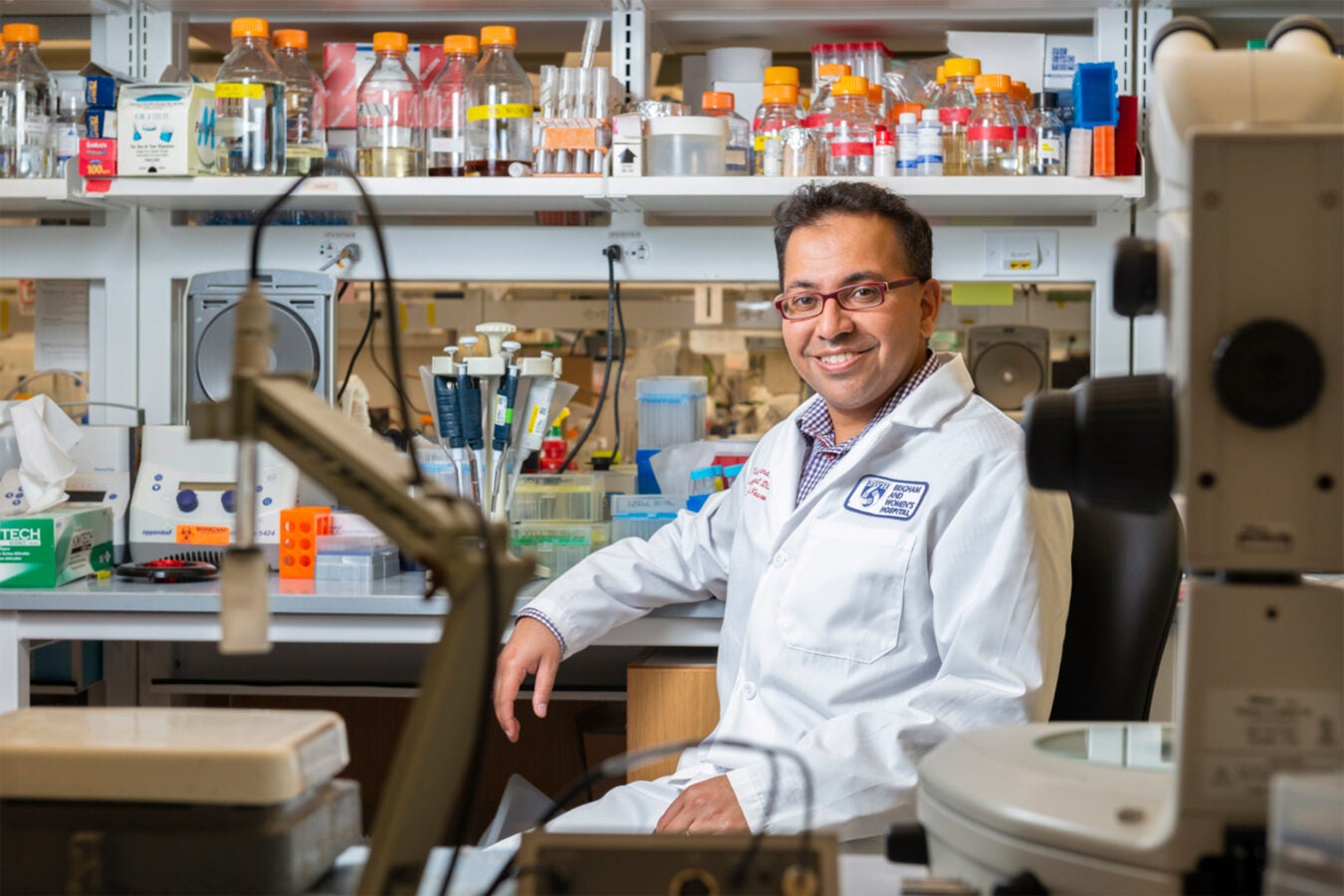
An artist’s concept of the Kepler-1658b (left).
Credit: Gabriel Perez Diaz/Instituto de Astrofísica de Canarias
What we learned in 2022
Highlights from another year of discovery at Harvard, where inquiring minds are the norm.
Study hints parental mindset about potential for growth yields better outcomes starting from very early age.


The answer, according to a groundbreaking global study, might be more complex than you think.

Study finds students in high-poverty districts had much less in-person instruction, lost more ground academically.

Joslin study finds exercise during pregnancy may yield metabolic benefits in grandchildren.


Pioneering Harvard-led global collaborative unveils latest portrait, bolstering understanding of relativity, gravity.

As studies signal serious health consequences, specialists scramble to treat acute cases and reinforce limits that define moderate use.

Harvard study finds gas stoves could be leaking at least 21 toxic air pollutants.

Professor who edited mortality findings says evidence is strong but not yet definitive.


Google adopts sociologist’s 10-shade scale, which aims to promote inclusion, diversity, help fix problems in facial recognition, other technologies.

Team warns air conditioning access falls far short of what will be needed by 2050 to save lives.


Researcher outlines fresh data showing that you can’t outrun a bad diet.

Big-data study by Raj Chetty, team shows whom you interacted with while growing up is more important.

MGH, Broad researchers develop Big Data tool that can predict which variants will likely trigger surges.


Researcher details new findings as momentum builds behind treatment efforts: “Every problem looks intractable until it’s solved.”

They tally lowest life-satisfaction scores among all age groups of those 18 and older in Harvard-led study, reversal of results of past surveys.

Across six experiments, including study of moral vs. immoral behavior, researchers explored nuances of feeling fulfilled.


Harvard team detects first definitive proof of sea level fingerprints from melting of glacial ice sheets.

Models scientists use to predict exoplanet atmospheres no match for extraordinary precision of Webb telescope, study says.

No preclinical tools had existed to develop new therapies for an infection that afflicts 30 percent of reproductive-aged women globally.


Analysis of ancient DNA co-led by Harvard’s David Reich fills key gaps in understanding of Ashkenazi origins, history.

